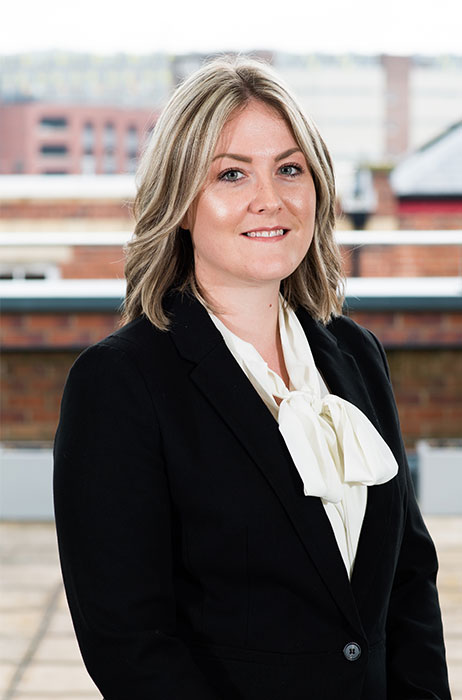

Paramedics Should Have Performed Heart Scans And Sent Her To Hospital
An NHS Trust has apologised after it admitted that mistakes were made as a Sheffield woman died just two days after a paramedic told her to take paracetamol rather than attend hospital for chest pains.
Carol Wilson’s husband Peter contacted the NHS 111 service on 1 January 2015, New Year’s Day. His wife had been suffering from chest pains for a few days, as well as severe throat and ear pain, and she was experiencing pain when breathing. NHS 111 arranged for a paramedic to attend.
A paramedic attended their home in Sheffield at around 7am that morning but did not perform a heart scan and simply advised Carol to take paracetamol and rest rather than attend hospital. She sadly died just two days later during her sleep of a heart condition.
After Carol’s unexpected death Peter instructed specialist medical negligence lawyers at Irwin Mitchell to investigate her treatment as he wanted answers about what had happened and why Carol was not sent to hospital.
Medical experts instructed by Irwin Mitchell found that there was a failure to carry out an ECG scan given the symptoms presented. This would have shown abnormalities which would have ensured Carol was sent to hospital for further investigation and treatment for the heart condition that she was suffering from.
The medical evidence suggested that had Carol been admitted to hospital on 1 January it is likely that pericarditis would have been diagnosed and the pressure on her heart would have been treated, avoiding her death.
Yorkshire Ambulance Service NHS Trust has now admitted that on the balance of probabilities Carol’s death could have been prevented with appropriate care. If an ECG had been performed by the attending paramedic, it would have led to Carol being sent to hospital where her condition would have been diagnosed and treated.
The Trust has since apologised for the substandard treatment provided but Peter has concerns that in their initial letter to him responding to his complaint, the Trust suggested that the paramedic did not think an ECG was appropriate because of a lack of cardiac symptoms and that it may not have changed the outcome. Although this letter was prepared without a full review of the medical evidence, Peter wants assurances that lessons have now been learned to prevent similar issues in future and feels that without legal action he may never have received the answers he deserved.
Expert Opinion
“Peter was understandably distraught at his wife’s unexpected death and wanted answers about what happened to her.
“One minute he was being told to get paracetamol and just two days later his wife had died during her sleep.
“After our investigation the NHS Trust has admitted its mistakes and apologised for the substandard care provided. Although paramedics do a difficult job and have to make split second decisions, the symptoms and medical history in this case clearly show that more should have been done to diagnose Carol’s chest pain.
“Patient safety should be the number one priority of the NHS and Peter hopes that lessons will now be learned from this tragic incident to reduce the risk of other families suffering in similar circumstances.” Hayley Smith - Associate Solicitor
Retired HR director Peter, from Sheffield, who has three grown up sons with Carol, said:
“Since those three days at the start of 2015 my life has been turned upside down. We’d been married for over 40 years and I don’t think I will ever truly get over Carol’s death and I’m still devastated thinking about it now.
“Carol was an active, healthy woman who practised yoga on a daily basis, walked regularly and ate healthily. Her sudden illness was just such a shock.
“Nothing can turn back the clock but I just hope that the Trust will learn the importance of investigating chest pain in the future.
"Carol was devoted to her family. She was proud of her sons and adored her young grandchildren who she thought she would see progress at school and beyond. She was cruelly denied that opportunity."
Read more about Irwin Mitchell's medical negligence claims.


